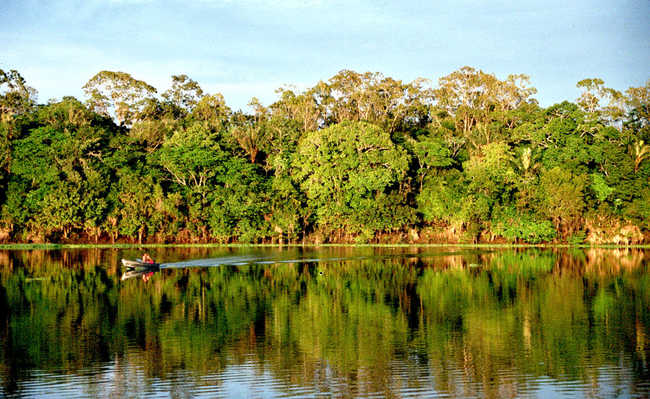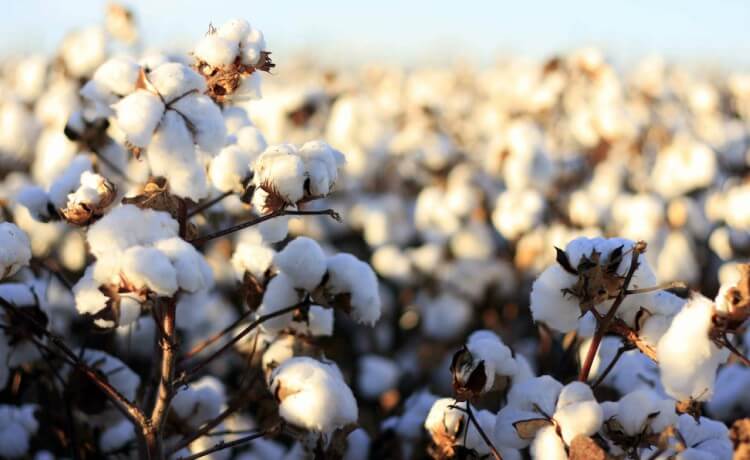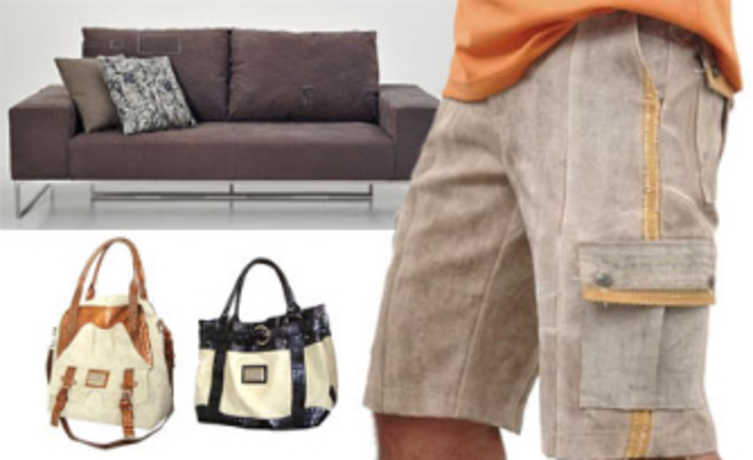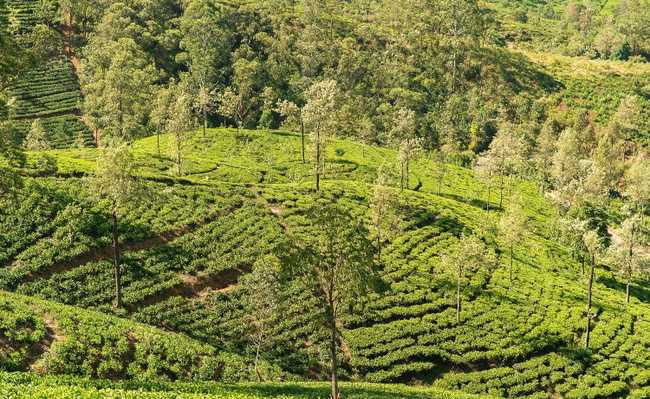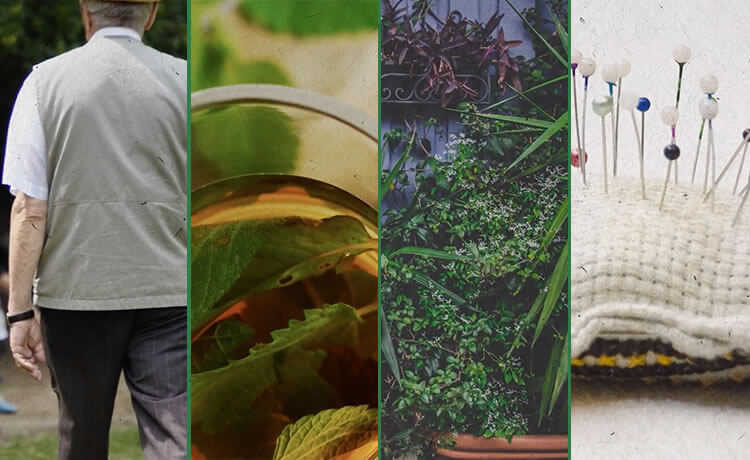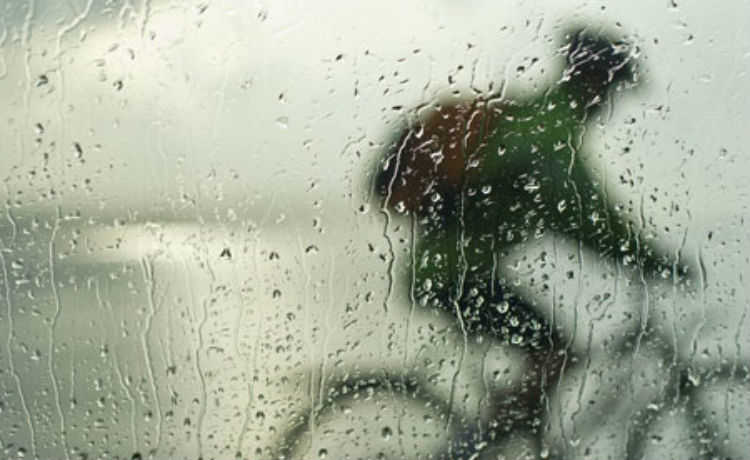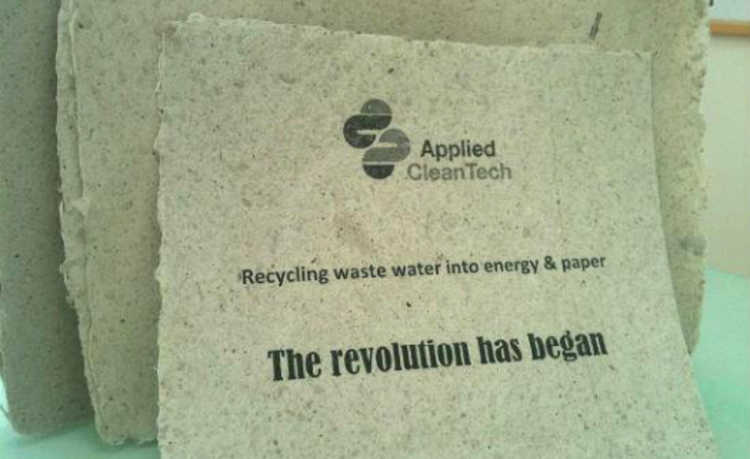Researcher develops sustainable jeans
Environmental impact is significantly lower

One of the most common trends these days is the mix of fashion and sustainability. That's because the textile industry has a big impact on the environment.
The manufacture of jeans, for example, is one of the main problems. The numbers are alarming: according to an article published in the New York Times in 2011, a pair of pants consumes approximately 3,500 liters of water during its life cycle, from its manufacture to its disposal.
In addition, cotton, the raw material for jeans, uses 3% of the water available on the planet and accounts for 6% of pesticide consumption in the world. Not to mention the toxic dyes used to color the pants, which often end up in rivers and lakes.
Thinking about an alternative to this problem, the researcher Dawn Ellams, from Heriot-Watt University, in Scotland, developed a new type of jeans, which may represent an alternative to what is currently found on the market.
tencel
Tencel is a cellulose fiber made from wood pulp, whose production is less impactful on the environment.
To give you an idea, the fiber uses 1/50 of all the energy, water and chemicals needed to produce a conventional denim model, according to Ellams.
To arrive at the fibre, which has aesthetic, performance and environmental attributes, it is necessary to remove everything that is not natural from the wood and then extract the pulp. It is then dissolved and fiber forms.
A digital printing technique was used to make Tencel's jeans look very similar to traditional models.
Another advantage is that this type of fiber is based on eucalyptus forests, which can be reforested and use less pesticides and pesticides than cotton plantations.
A good alternative that can become competitive in the medium term.
Check out a video about Tencel's production below:

